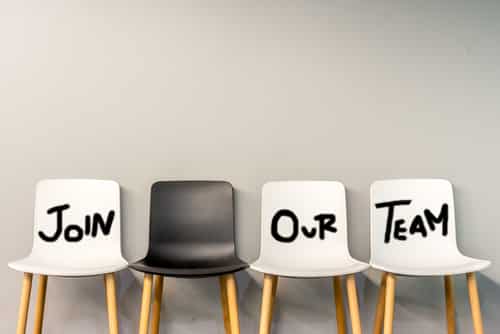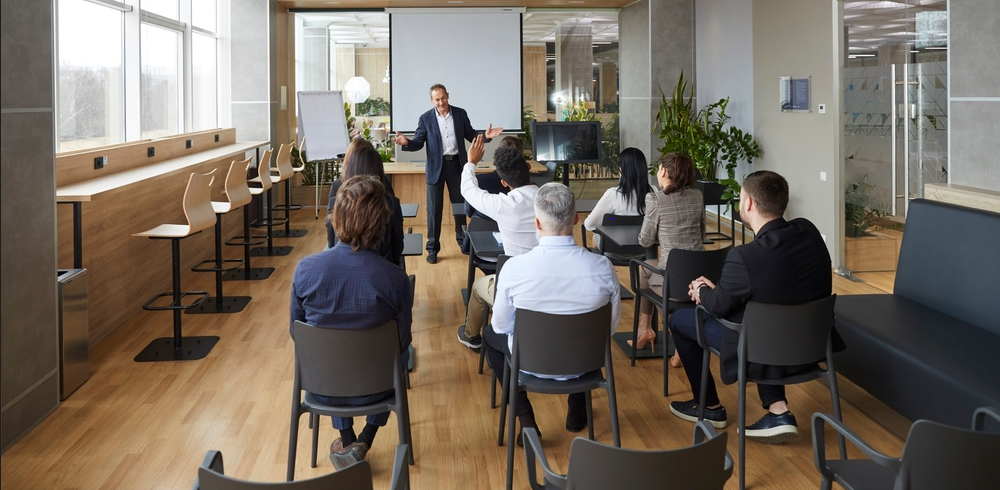The business case for gender equality, diversity and inclusion has never been stronger. According to McKinsey’s research diverse organisations will out-earn their industry peers and there’s a strong correlation between gender diversity and positive behaviour which directly relates to improved organisational health.
This week, Roffey Park have been part of the Dive In Festival in Singapore. Featuring a range of speakers the festival has championed diversity and inclusion practices across Asia Pacific.
“The whole is greater than the sum of its parts.”
Across the world, organisations grapple with the constant need to increase the diversity in their workforce, acknowledging that a lack of it is detrimental to them. Every individual brings different experiences and varied skillsets with them, and the transference of such strengths not only benefit the organisations in better productivity, but knowledge for their fellow peers and teams as well. Yet, although diversity is a known necessity, why do organisations struggle with the concept? [3] In the Asian context, why is it a challenge to understand this concept?
Effective Recruitment Practices
Most diversity issues begin at the stage of applications received. With humans being inherently bias, the subconsciousness of interviewers may be inclined to think a certain way about a certain group or person based on specific factors or information about them. To mitigate such as problem and ensure favourable and level-playing field for all candidates, organisations can turn to [1] blind recruitment in order to ensure that all diverse factors are given equal considerations for the job opportunities that are present.

Learning from the [2] examples of organisations which have embarked and been successful on their journey in diversity and inclusion can be another excellent method getting started in the journey. In understanding their efforts, organisations can navigate through the implementation processes much more easily by avoiding the possible problems and focusing on what works better.
More importantly though, how diversity and inclusion truly works depends on the people within an organisation. The need for acceptance and willingness to be open is crucial for success, and thus, changing the mindsets to be ready for this is necessary. Leaders and management can do so through coaching and learning to identify how the diversity can help plug the gaps in their organisations as well for greater growth.
This blog is part of the [4] toolkit for Dive In Festival 2020.





